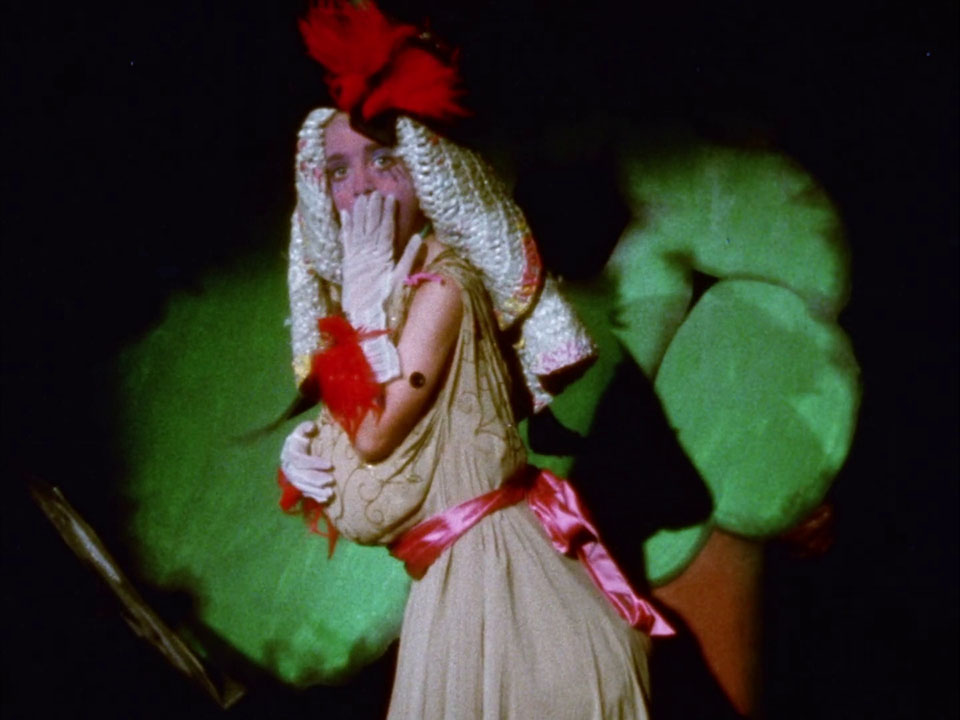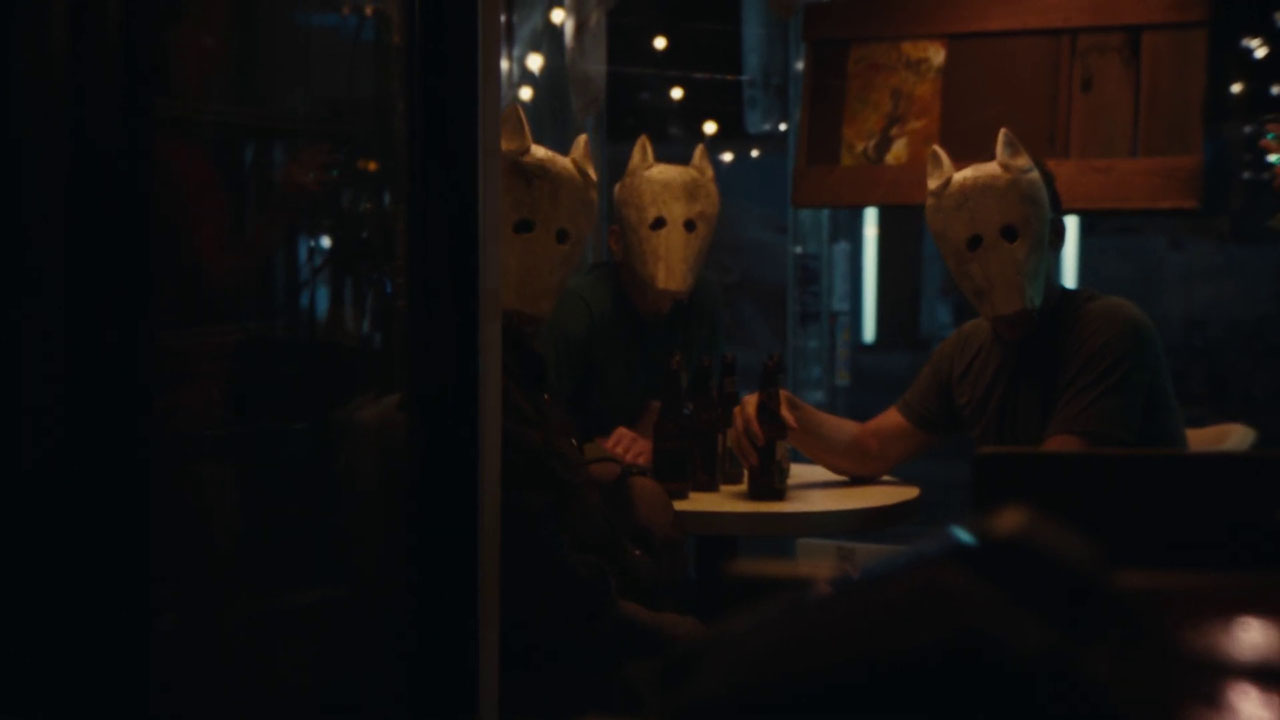I noticed the parasite stuff on the classroom board long before it came up again via zombie-fungus-ant TV show, argh. The most mystifying was Handsome Family’s “Don’t Be Scared” (the “wake up, Paul” song) playing on the car radio to a cop named Paul. My conspiracy theory is that everything after Paul’s night at the bar with the teacher is his dream, that he fantasizes finding the missing kids (with help from his crack-addict tormentor) and almost saving them before getting paralyzed by a witch and then killed by his ex-girlfriend.
Pulp Fictioned-out story that keeps rewinding and changing perspective. Is it ironic that Brolin writes WITCH on the teacher’s car and the the villain turns out to be an actual witch? Effective blend of fairy-tale horror (pied piper children-napping by evil mind-control witches) with suburban dread/investigation drama. As for investigation, the cops are portrayed as even more ineffective than usual – the one we follow fucks up his home life, falls off the wagon, keeps getting stabbed by a crackhead, brutalizes civilians while disabling his car camera, then gets conquered by the witch, and killed with his own gun. As for the rest of the force, supposedly working hard on the case, nobody thought to check what direction the kids were running and then walk in that direction until the lines intersect – a parent figures this out a month too late.
Movies gain an automatic extra star when seen on the big screen. Packed weeknight crowd tittered at the suspense scenes, but their biggest reaction was upon seeing Justin Long The Mac Guy for some reason. Good movie but Parker isn’t wrong.
















